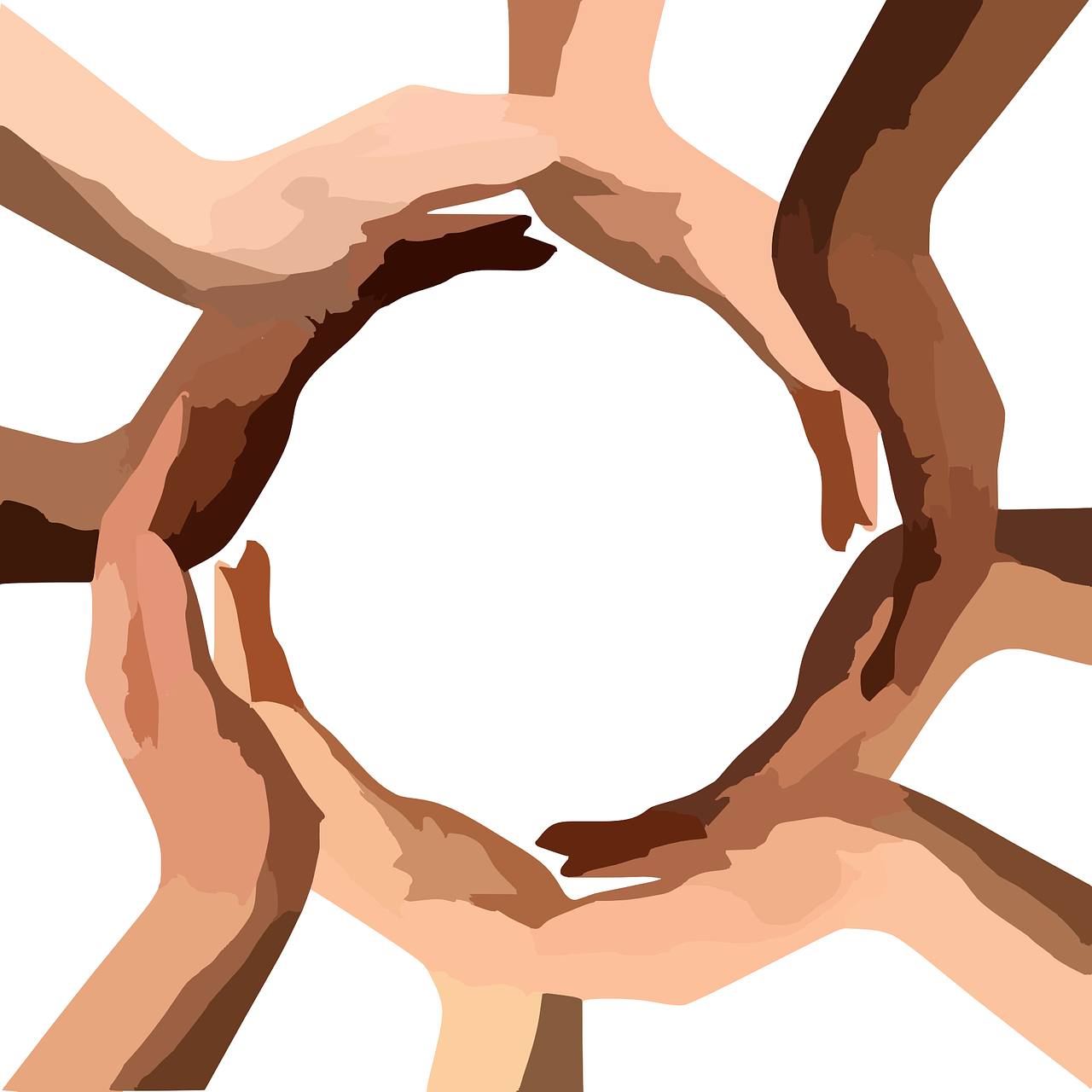Whether they are Western or Eastern, the Muslims of the world refer to a universe of meaning elaborated and constructed around a certain number of fundamental principles. Above and beyond the diversity of their national cultures, the essence of their faith, their identity, their being in the world, is the same; they define themselves on the basis of points of reference that explain their sense of belonging to the same community of faith and at the same time, more profoundly, root them in the universe of Islam. The often complex connection between the common principles and the diverse ways of life that one quickly notices if one visits the Muslim countries of Black Africa, North Africa, or Asia has led some orientalists and sociologists to speak of various “Islams” to take account of this plurality of cultures. Only an in-depth study of the sources and the Islamic sciences can enable us to understand how, across various geographical areas, the oneness of the points of reference and the diversity of their lived manifestations become concrete and overlap. There is one Islam, and the fundamental principles that define it are those to which all Muslims adhere, even though there may be, clothed in Islamic principles, an important margin allowed for evolution, transformation, and adaptation to various social and cultural environments. Western Muslims, because they are undergoing the experience of becoming established in new societies, have no choice but to go back to the beginning and study their points of reference in order to delineate and distinguish what, in their religion, is unchangeable (thabit) from what is subject to change (mutaghayyir), and to measure, from the inside, what they have achieved and what they have lost by being in the West.
It is a long, difficult, and sometimes dangerous journey, demanding deep immersion in the heart of the sources and the Islamic sciences and at the same time a knowledge of the West, its history, and the social, cultural, political, and economic dynamics that constitute what one may call its specificity. But it is a journey nonetheless imperative for those spirits who, while wanting to remain loyal to the principles of their faith and ethic, are no less conscious that they must confront the challenges of their time and their society.
This first part is an essentially theoretical study of the fundamental principles of “universal Islam” and the tools that Muslims have available to confront diversity and change, whether historical, geographical, or cultural. This research, by establishing a corpus of reference, will enable us to suggest in the second part a number of concrete responses to questions asked by Western Muslims in the various areas of their daily lives.





Wonderful article explaining the hidden common/ universal reference and the manifested differences due to the cultural elements.
This could be a great project about collecting the written sources showing the path of this.